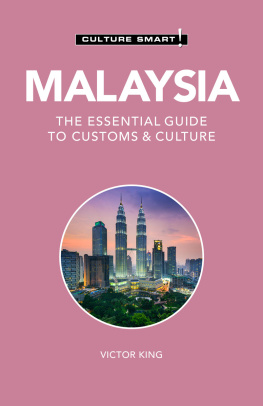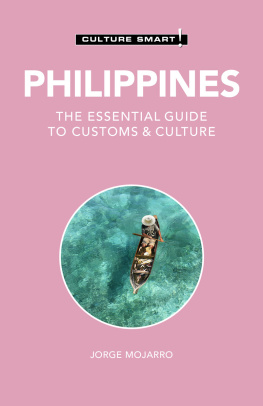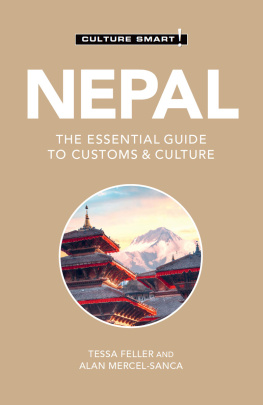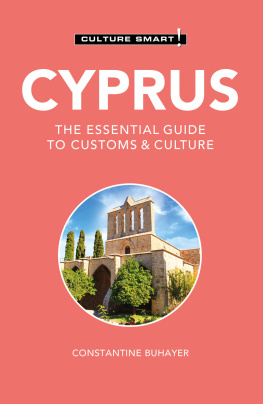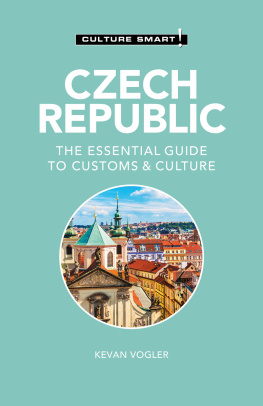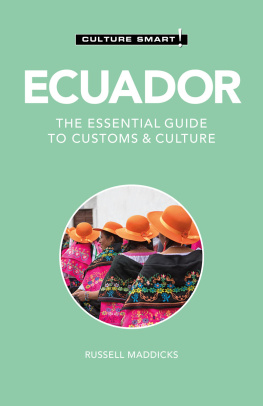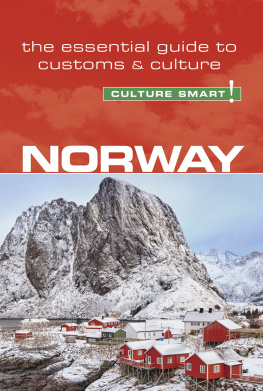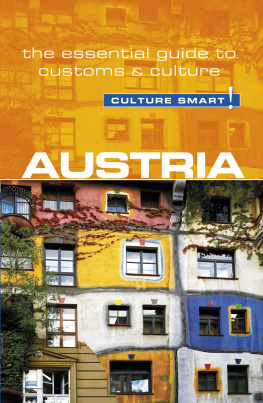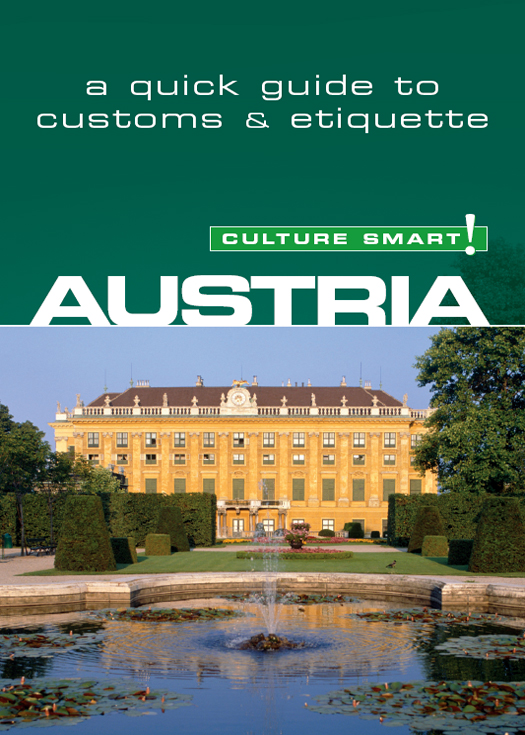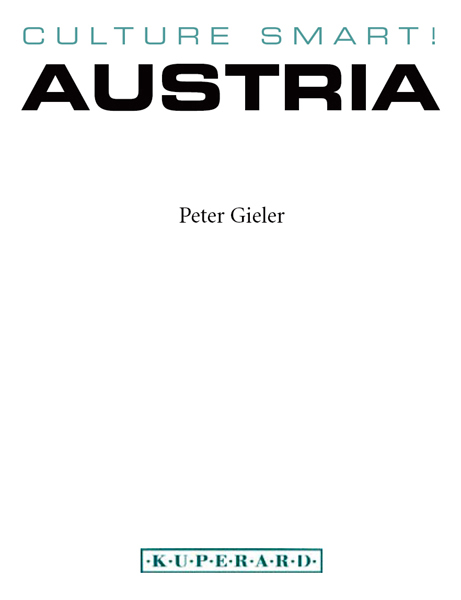eISBN: 978-1-85733-606-1
British Library Cataloguing in Publication Data
A CIP catalogue entry for this book is available from the British Library
Copyright 2007 Kuperard
All rights reserved. No part of this publication may be reprinted or reproduced, stored in a retrieval system, or transmitted in any form or by any means without prior permission in writing from the publishers.
Culture Smart! is a registered trademark of Bravo Ltd
First published in Great Britain 2007
by Kuperard, an imprint of Bravo Ltd
59 Hutton Grove, London N12 8DS
Tel: +44 (0) 20 8446 2440 Fax: +44 (0) 20 8446 2441
www.culturesmart.co.uk
Inquiries:
Series Editor Geoffrey Chesler
Cover image: Schnbrunn Palace, Vienna. Travel Ink/Philip Craven
Images by permission of the Austrian Tourist Office, London.
The print on is reproduced by permission of Klosterneuburg Abbey.
The photographs are reproduced by permission of the author.
v3.1
About the Author
PETER GIELER was born in Britain to Austrian parents. After gaining a B.A. in European Studies from the University of Sussex and a Diploma in Educational Technology, he embarked on a long career in educational training for several London authorities, and was Deputy Head Teacher in an Inner London comprehensive school. After retiring, he became General Secretary of the Anglo-Austrian Society. He has published several articles on culture and travel, and is the editor of Felix Austria, a quarterly journal about Austria published in the United Kingdom.
The Culture Smart! series is continuing to expand.
For further information and latest titles visit
www.culturesmartguides.com
The publishers would like to thank CultureSmart!Consulting for its help in researching and developing the concept for this series.
CultureSmart!Consulting creates tailor-made seminars and consultancy programs to meet a wide range of corporate, public-sector, and individual needs. Whether delivering courses on multicultural team building in the USA, preparing Chinese engineers for a posting in Europe, training call-center staff in India, or raising the awareness of police forces to the needs of diverse ethnic communities, it provides essential, practical, and powerful skills worldwide to an increasingly international workforce.
For details, visit www.culturesmartconsulting.com
CultureSmart!Consulting and CultureSmart! guides have both contributed to and featured regularly in the weekly travel program Fast Track on BBC World TV.
contents
Map of Austria
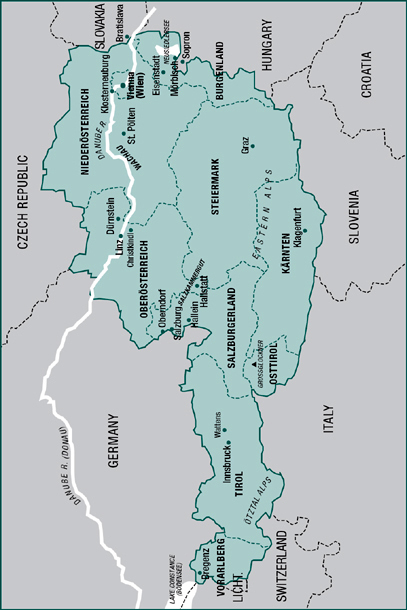
introduction
Today, Austria is a small, neutral country in the heart of Europe. The beauty of its landscape is legendary, drawing visitors in winter for skiing, in summer for mountain and lakeside walking, and all year-round for opera and music. The capital, Vienna, was the jewel in the crown of a cosmopolitan European empire exercising enormous political and intellectual power. The heirs to this glittering past have had a difficult transition to make over the last century.
Defeat in the First World War dramatically reduced Austrias size, removed its monarchy, and left it politically and economically destroyed. The country hardly had time to rebuild and establish a new identity before it became embroiled in another debacle. Again defeated, and now occupied and divided by foreign troops, it started again with the help of the Marshall Plan. The Austrian State Treaty in 1955 was a milestone in the history of the new Republic, setting it on the path to prosperity. The physical damage was repaired, but the traumas of the first half of the twentieth century have certainly left their mark.
Austrians have learned to compromise politically, but they will not compromise their quality of life. They have turned their heritage and culture to good advantage, developed new high-tech industries, and established good relationships with their former Communist neighbors to the east as well as their EU partners. The country has enjoyed a small economic miracle.
Beyond Vienna, there are strong regional differences, and this mixture of different races and traditions has made the Austrians more broad-minded and relaxed than their German-speaking neighbors. They work hard, yet know how to enjoy life. They are hospitable and friendly. They care for their environment and have a strong sense of social responsibility. Boundaries are respected. There are distinct social conventions and expectations that may seem old-fashioned or elaborate by Anglo-American standards, but the young are less conformist in this regard.
Culture Smart! Austria will describe the real people in the picture postcard. It provides an overview of the past, examines their traditions and the values that they live by today, and offers guidelines on what to expect and how to behave in different circumstances. By offering some insights into Austrian life we hope to equip you to discover for yourself the many qualities of this charming, lively, and cultivated people.
Key Facts
| Official Name | Republik sterreich | The Republic of Austria is a full member of the European Union. |
| Capital City | Vienna (Wien) |
| Major Cities | Linz, Graz, Salzburg, Innsbruck, Klagenfurt, Bregenz, Eisenstadt, St. Plten |
| Area | 32,430 sq. miles (84,000 sq. km) |
| Terrain | Mainly Alpine, lowlands in the east |
| Climate | Mountain climate, Continental |
| Currency | Euro | Austria has been a member of the Eurozone since January 1, 2002. |
| Population | 8,265,900 |
| Life Expectancy | Males 76.65 Females 82.24 |
| Ethnic Makeup | German 90.2% Others 9.8% | Other nationalities include Turks, former Yugoslav nationals, and Germans. |
| Language | German | Slovene- and Croatian-speaking minorities |
| Religion | Roman Catholic 74% Protestant 4.7% Islamic 4.7% Jewish 4.2% Other 12.4% | Everyone belonging to a recognized Church pays Kirchensteuer, or Church tax. |
| Government | Austria is a democratic federal republic of 8 states (or Bundeslnder) and Vienna. The seat of government is in Vienna. There are two houses of parliament, the Nationalrat and the Bundesrat. | The head of state is the President, who is directly elected for 6 years. The head of government is the Chancellor. There are 5 political parties in parliament. |
| Media | ORF is the national TV and radio network. There are also numerous local stations and commercial satellite stations. | Many national and regional newspapers. Broadsheets: |


